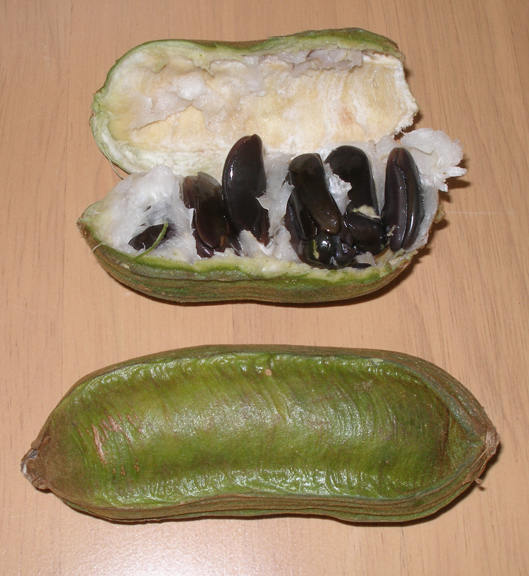
A chronic disease, ulcerative colitis is characterized by open sores or ulcers in the lining of the colon. the disease is estimated to affect 600,000 Americans, according to the Crohn’s & Colitis Foundation of America, and the most common symptoms are abdominal pain and bloody diarrhea. the cause is unknown, but studies points to defects in immune regulation. Disruption of mucus production is often associated with severe symptoms.
Colitis is common in North America and Northern Europe, where helminth (parasitic worm) infections are rare. Conversely, the disease is rare in Asia, Africa, and Latin America, where helminth infections are endemic, leading researchers to hypothesize that the worms offer protection against this inflammatory bowel disease. in animal models of autoimmunity these worms have suppressed inflammation, and clinical trials indicate that helminth therapy can be beneficial in relieving symptoms of inflammatory bowel diseases.
To gain a better understanding of how such therapy works, Dr. Loke and his colleagues analyzed a series of blood and tissue samples taken from a 34-year-old man living in California with ulcerative colitis who ingested Trichuris trichiura eggs (a roundworm that infects the lower intestine) after having researched the scientific literature. After several months, his condition improved dramatically and he remained in remission for almost three years. a subsequent cycle of self-treatment with the worm eggs achieved similar results.
Tissues samples taken when the patient had active disease were found to contain high numbers of a type of immune cell (CD4+ T cells) that produces an inflammatory protein called interleukin-17. Tissue samples taken after exposure to the worms, when the disease was in remission, contained an abundance of T cells that produce interleukin-22 (IL-22), a protein important in mucosal healing. to expel the worm, the researchers note, the immune system appears to activate specialized cells that increase mucous production in the entire colon.
“In essence, the worms trigger a big sneeze of the gut, which may have a beneficial side effect for ulcerative colitis,” says Dr. Loke, who does not advocate helminth therapy. “The problem is that these worms themselves can cause harm and damage the gut. the individual in this study is lucky to have responded so well, but for other people the worm infection may exacerbate bowel inflammation,” he says.
It is impossible right now to predict who might be helped and who might be harmed by infection with these worms. Studies are underway, adds Dr. Loke, using a worm that infects pigs (T. suis) to treat colitis, which should be less risky.